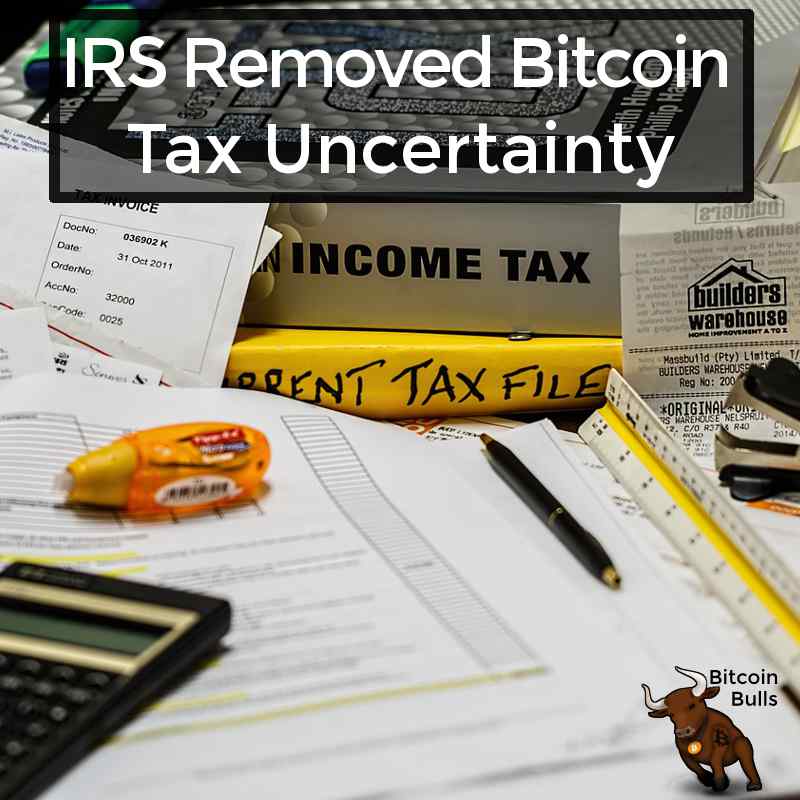
Update 4/7/2014: Ryan Selkis (aka two-bit idiot) has a comprehensive bitcoin tax guide on Investopedia.
Update 10/14/2014: I used BitcoinTaxes to prepare my taxes. It quickly imported my Coinbase and CampBX transactions no problemo. It enables quick switching between FIFO, LIFO, and other accounting methods to quickly see which is best.
Update 1/5/2015: Understanding how to track loans for tax purposes
#Fears Removed
You may have heard bitcoin is illegal. You may be scared of ambiguities in reporting bitcoin taxes.
Well to put fears and uncertainties to rest the IRS has released its bitcoin tax guidance. Maybe the Taxpayer Advocate Service recommendation had something to do with it? By the way I do like that the Advocate Service used ‘Digital Currency’ instead of ‘Virtual Currency.’
#Bitcoin Tax Guidance Issued
On Tuesday the IRS issued Bitcoin Tax Guidance, giving us certainty as to how they will interpret how existing IRS regulations apply to bitcoin. Here is the best summary of the IRS bitcoin rules I’ve read.
The article’s author, a tax lawyer, does a great job summarizing the IRS bitcoin rules. Here is my summary of his summary:
- For federal tax purposes, digital currency is treated as property. This means capital gains / losses will apply for most bitcoin sales.
- Bitcoin purchases and transfers are taxable. This will be a pain in the neck until software solves it. Silver lining: for federal tax purposes digital currency is treated as property.
- Bitcoin miners need to recognize income the year bitcoin is mined in.
- Miners can be subject to self-employment tax.
- The IRS notice applies to past tax years. Consider amending your return if you filed inconsistently with this guidance.
#Want to earn bitcoins? Now that the tax rules are clear, come see how I’m earning bitcoins.